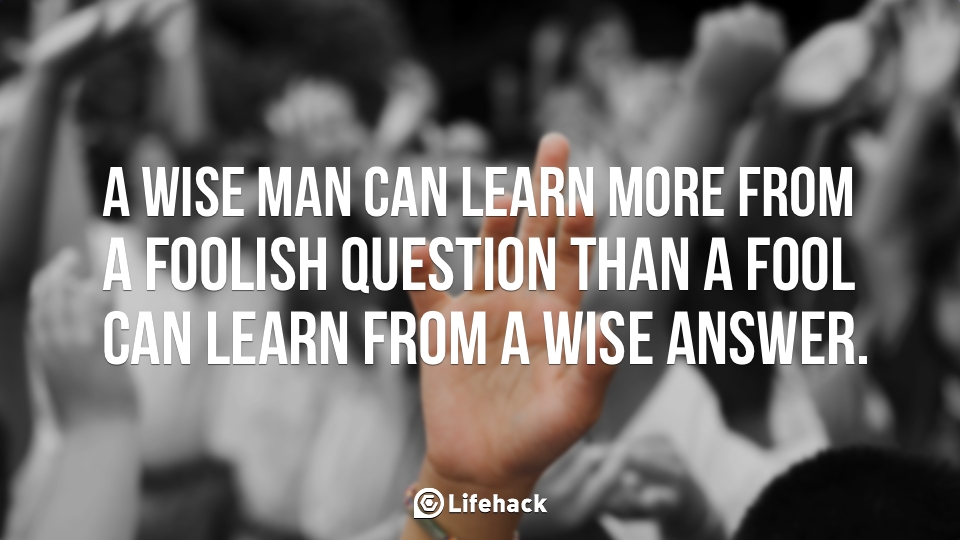
Image from Bottle Uncorked
What is the best way for companies to harness the power of social influence?
Is it in having a beautifully designed and SEO ready website? Nah. Everybody would already have done it, one way or another.

Image from Bottle Uncorked
What is the best way for companies to harness the power of social influence?
Is it in having a beautifully designed and SEO ready website? Nah. Everybody would already have done it, one way or another.

Courtesy of Life Hacks
Do you know what’s the best way to generate great ideas? Or find the solutions to that nagging problem?
Simple. Start by asking the right questions.
Flying robot waiters are nifty, but are they enough? (courtesy of RT.com)
How can we raise Singapore’s productivity? That is the multi-billion dollar question.
A recent report in Business Times offered suggestions by economists to lower the steep productivity growth targets for Singapore from 2-3 percent per annum to 1-1.5 percent. Various suggestions such as supporting Research & Development for the PIC scheme (which IRAS already supports by the way), and offering discounts for not hitting the foreign worker hiring ratio were suggested.

How much risk are you willing to take? (courtesy of Condominium Insurance Review)
In life and at work, there are two kinds of people. That is, if you believe psychologists Heidi Grant Halvorson and E. Tory Higgins in their fascinating article in HBR.
The first, promotion-focused people, see their goals as a way to advance forward. They zoom in on the rewards that can be realised when goals are achieved. Eager to “play to win”, they like to dream big and stretch their imaginations in whatever they do.

Courtesy of Blanco River Lodge
How do you distinguish between work and play? Are they really that different?
Consider this:

How do companies like GE, Wal-Mart and Honeywell succeed? What is the secret of Jack Welch, one of the most legendary CEO in the business world today?
The answer, according to Larry Bossidy and Ram Charan, is Execution. Subtitled The Discipline of Getting Things Done, the New York Times bestseller emphasises the importance of execution in business, how companies with an execution culture conduct their business affairs, and its three core processes: people, strategy and operations.
In the world of business, we’re often focused on our customer value proposition. What makes our products or services stand out in the marketplace? How do we draw the right customers at the right price?
The unfortunate thing, however, is that we often neglect to pay attention to the most important stakeholders in our organisation.
Namely, our employees.
Bruce Lee obviously knows the value of deliberate practice.
How does one become a world class performer in any field? Can we improve our chances of success despite being born to adverse conditions?
With an eye-catching title and an alluring subtitle – “What Really Separates World-Class Performers from Everybody Else” – Fortune editor-at-large Geoff Colvin’s book “Talent is Overrated” provides excellent food for thought in today’s knowledge economy.

Courtesy of Blaze Institute
Why do some teams produce outstanding results while others lag behind given similar resources?
The secret, according to “The New Science of Building Great Teams” in Harvard Business Review, is that successful teams have higher energy, are more engaged, and spend more time exploring outside the group. These patterns of communication and interaction are strongly correlated with performance metrics such as the average handling time in a bank’s call centre.
Michael Jordan: a proponent of Extreme Focus (source of image)
How does one truly achieve one’s dreams? What are the secrets behind ultra-successful folks who make a “dent in the Universe”?
The answer according to NBA Orlando Magic’s Senior Vice President Pat Williams and author Jim Denney is “Extreme Focus”.